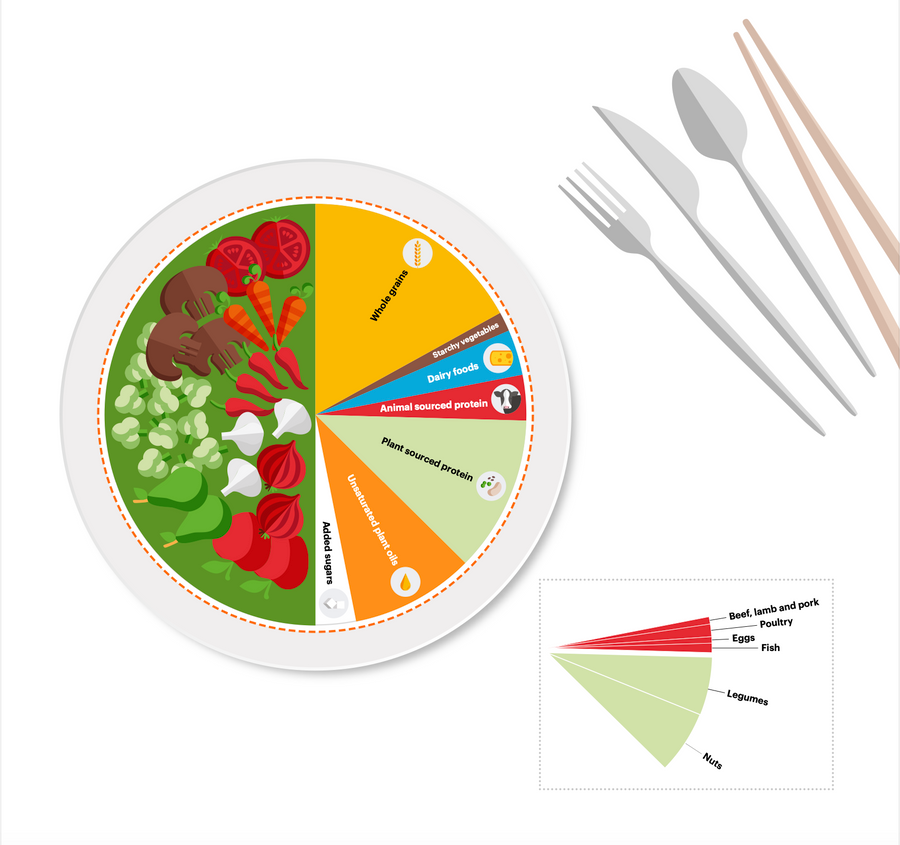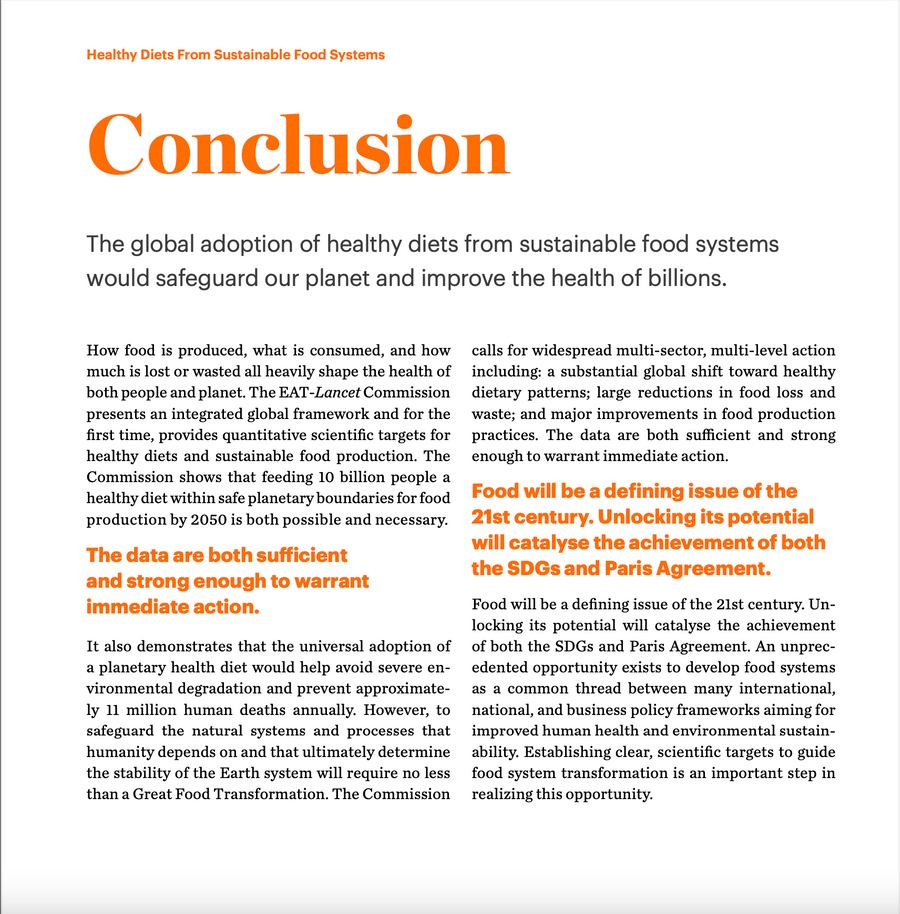The 2025 EAT-Lancet Commission Report Has Launched!
On October 3, 2025, Sustainable Diets Committee Chair Tanya Heffner and Vice-Chair Rosie Martin were in Stockholm among 700 invited guests as EAT and The Lancet released the 2025 EAT-Lancet Commission — a major scientific update to one of the most influential food systems reports of the past decade.

The 2025 EAT-Lancet Commission is a scientific update on what defines a healthy, sustainable, just food system in today’s world.
Building on the landmark 2019 report, it:
• Reviews new evidence on food systems across health, climate, biodiversity and justice.
• Updates the Planetary Health Diet, showing how culturally adaptable, plant-rich diets can benefit people.
• Assesses food’s impact on all planetary boundaries, including emissions, land use, and freshwater.
• Introduces global modelling to show how we can feed 10 billion people within environmental limits.
• Puts justice at the center — from fair wages to healthy food access.
• Identifies 8 solution areas to guide food systems transformation
Co-chaired by Walter Willett, Johan Rockström and Shakuntala Thilsted, the Commission brings together over 70 experts from six continents.
This is a defining scientific moment for food systems, and a call to action for a healthy, just and more liveable future.
Access the Sumary Report of the EAT-Lancet here
Read the EAT Healthcare Professionals Action Brief here
Food is the single strongest lever to optimise human health and environmental sustainability on Earth. However, food is currently threatening both people and planet. An immense challenge facing humanity is to provide a growing world population with healthy diets from sustainable food systems. While global food production of calories has generally kept pace with population growth, more than 820 million people still lack sufficient food, and many more consume either low-quality diets or too much food. Unhealthy diets now pose a greater risk to morbidity and mortality than unsafe sex, alcohol, drug and tobacco use combined. Global food production threatens climate stability and ecosystem resilience and constitutes the single largest driver of environmental degradation and transgression of planetary boundaries. Taken together the outcome is dire.
A radical transformation of the global food system is urgently needed. Without action, the world risks failing to meet the UN Sustainable Development Goals (SDGs) and the Paris Agreement, and today’s children will inherit a planet that has been severely degraded and where much of the population will increasingly suffer from malnutrition and preventable disease.
Photos from the day:


Some insights from Rosie and Tanya throughout the event:
"and updated fromawork that includes justice! But the science alone is not enough. It is not about engaging, acting, and transforming. A just food system is the goal and way to get there."
What about Iron deficiency with less red meat consumption?
There was a question from a representative of the meat and dairy board about iron sufficiency with low meat diet. Walter Willet explained that it was adequate in their analyses and if more is required due to low levels (which is a global problem), red meat is not the way to increase it due to its link to chronic disease. He added to that was one of the main drivers of iron deficiency is high levels of HFSS foods and low levels of fruit and veg
"Food systems will change. Nature will change it if we dont change it ourselves".
-Adil Najam, President of WWF International



